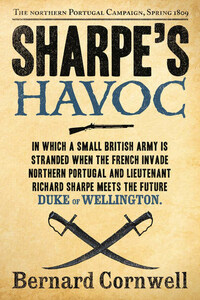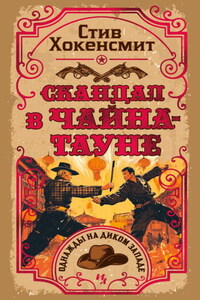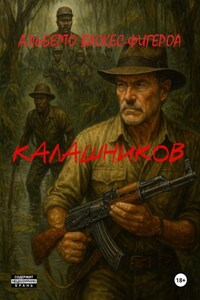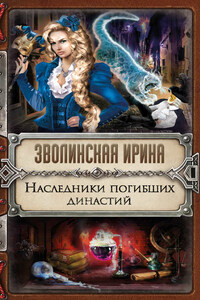Published by HarperCollinsPublishers Ltd
1 London Bridge Street
London SE1 9GF
www.harpercollins.co.uk
First published in Great Britain by HarperCollinsPublishers 2003
Copyright © Bernard Cornwell 2003
Map © Ken Lewis
Bernard Cornwell asserts the moral right to be identified as the author of this work
A catalogue record for this book is available from the British Library
Ebook Edition © July 2009 ISBN: 9780007338689
Version: 2017-05-06
This novel is a work of fiction.
The incidents and some of the characters portrayed in it, while based on real historical events and figures, are the work of the author’s imagination.
All rights reserved under International and Pan-American Copyright Conventions. By payment of the required fees, you have been granted the non-exclusive, non-transferable right to access and read the text of this ebook on-screen. No part of this text may be reproduced, transmitted, downloaded, decompiled, reverse engineered, or stored in or introduced into any information storage and retrieval system, in any form or by any means, whether electronic or mechanical, now known or hereinafter invented, without the express written permission of HarperCollins.
Miss Savage was missing.
And the French were coming.
The approach of the French was the more urgent crisis. The splintering noise of sustained musket fire was sounding just outside the city and in the last ten minutes five or six cannonballs had battered through the roofs of the houses high on the river’s northern bank. The Savage house was a few yards down the slope and for the moment was protected from errant French cannon fire, but already the warm spring air hummed with spent musket balls that sometimes struck the thick roof tiles with a loud crack or else ripped through the dark glossy pines to shower needles over the garden. It was a large house, built of white-painted stone and with dark-green shutters closed over the windows. The front porch was crowned with a wooden board on which were gilded letters spelling out the name House Beautiful in English. It seemed an odd name for a building high on the steep hillside where the city of Oporto overlooked the River Douro in northern Portugal, especially as the big square house was not beautiful at all, but quite stark and ugly and angular, even if its harsh lines were softened by dark cedars which would offer welcome shade in summer. A bird was making a nest in one of the cedars and whenever a musket ball tore through the branches it would squawk in alarm and fly a small loop before returning to its work. Scores of fugitives were fleeing past the House Beautiful, running down the hill towards the ferries and the pontoon bridge that would take them safe across the Douro. Some of the refugees drove pigs, goats and cattle, others pushed handcarts precariously loaded with furniture, and more than one carried a grandparent on his back.
Richard Sharpe, Lieutenant in the second battalion of His Majesty’s 95th Rifles, unbuttoned his breeches and pissed on the narcissi in the House Beautiful’s front flower bed. The ground was soaked because there had been a storm the previous night. Lightning had flickered above the city, thunder had billowed across the sky and the heavens had opened so that the flower beds now steamed gently as the hot sun drew out the night’s moisture. An howitzer shell arched overhead, sounding like a ponderous barrel rolling swiftly over attic floorboards. It left a small grey trace of smoke from its burning fuse. Sharpe looked up at the smoke tendril, judging from its curve where the howitzer had to be emplaced. ‘They’re getting too bloody close,’ he said to no one in particular.
‘You’ll be drowning those poor bloody flowers, so you will,’ Sergeant Harper said, then added a hasty ‘sir’ when he saw Sharpe’s face.
The howitzer shell exploded somewhere above the tangle of alleys close to the river and a heartbeat later the French cannonade rose to a sustained thunder, but the thunder had a crisp, clear, staccato timbre, suggesting that some of the guns were very close. A new battery, Sharpe thought. It must have unlimbered just outside the city, maybe half a mile away from Sharpe, and was probably whacking the big northern redoubt in the flank, and the musketry that had been sounding like the burning of a dry thorn bush now faded to an intermittent crackle, suggesting that the defending infantry was retreating. Some, indeed, were running and Sharpe could hardly blame them. A large and disorganized Portuguese force, led by the Bishop of Oporto, was trying to stop Marshal Soult’s army from capturing the city, the second largest in Portugal, and the French were winning. The Portuguese road to safety led past the front garden of the House Beautiful and the bishop’s blue-coated soldiers were bolting down the hill as fast as their legs could take them, except that when they saw the green-jacketed British riflemen they slowed to a walk as if to prove that they were not panicking. And that, Sharpe reckoned, was a good sign. The Portuguese evidently had pride, and troops with pride would fight well given another chance, though not all the Portuguese troops showed such spirit. The men from the














